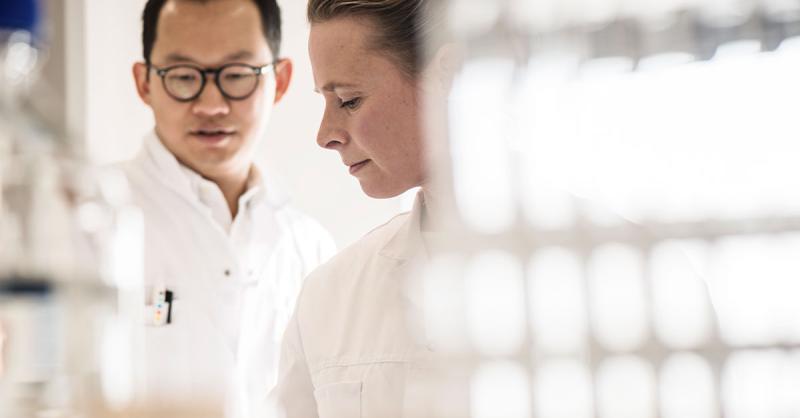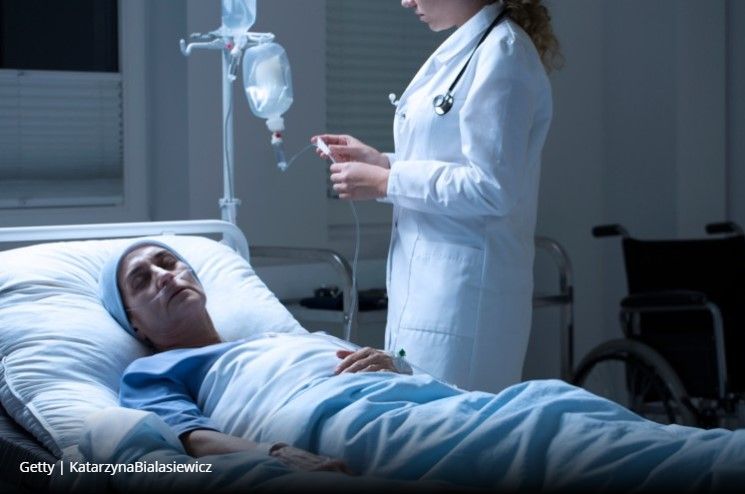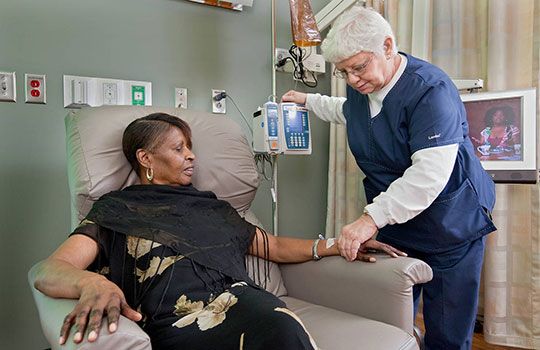
Feline Coronavirus (FCoV) is a common viral infection in cats. It generally causes asymptomatic infection, but can cause mild diarrhea. As yet poorly understood changes in the virus can give rise to mutants that lead to the development of feline infectious peritonitis (FIP). Most cats infected with a FCoV eliminate virus following infection, but some cats may develop a persistent infection. These cats are generally asymptomatic, can shed large amounts of virus in feces, and serve as a continual source of infection for other cats in the environment. Continual circulation of FCoV within a cat population may increase the chance that a virulent FIP strain might emerge. While the pathogenesis of FIP is poorly understood, it is now believed that detection and removal of persistently infected and shedding cats in a multi-cat household can reduce the risk of FIP emergence within that population.
In response to the increased interest within the cat breeding and cat owning community, the Animal Health Diagnostic Center at Cornell University now offers a fecal RT-PCR test for FCoV. This test can be used to identify asymptomatic FCoV shedding cats so steps can be taken to isolate them from other cats or to prevent their introduction to a resident population. Samples required for the fecal RT-PCR screening test are 2–5 grams fresh feces. When screening an individual cat in a multi-cat household it is important to positively identify the source of the fecal sample. Mixing of fecal samples from multiple cats may result in an inaccurate result. Feces should be stored in a clean plastic bag to prevent dehydration.
In clinical FIP suspect cats, the test can also identify FCoV in ascites fluid, whole blood, plasma, serum or fresh tissues (kidney, liver, or spleen). Samples from FIP-suspects should include 1–2 ml of fluid (ascites, whole blood, serum, or plasma) or 1–2 grams of fresh tissues.








